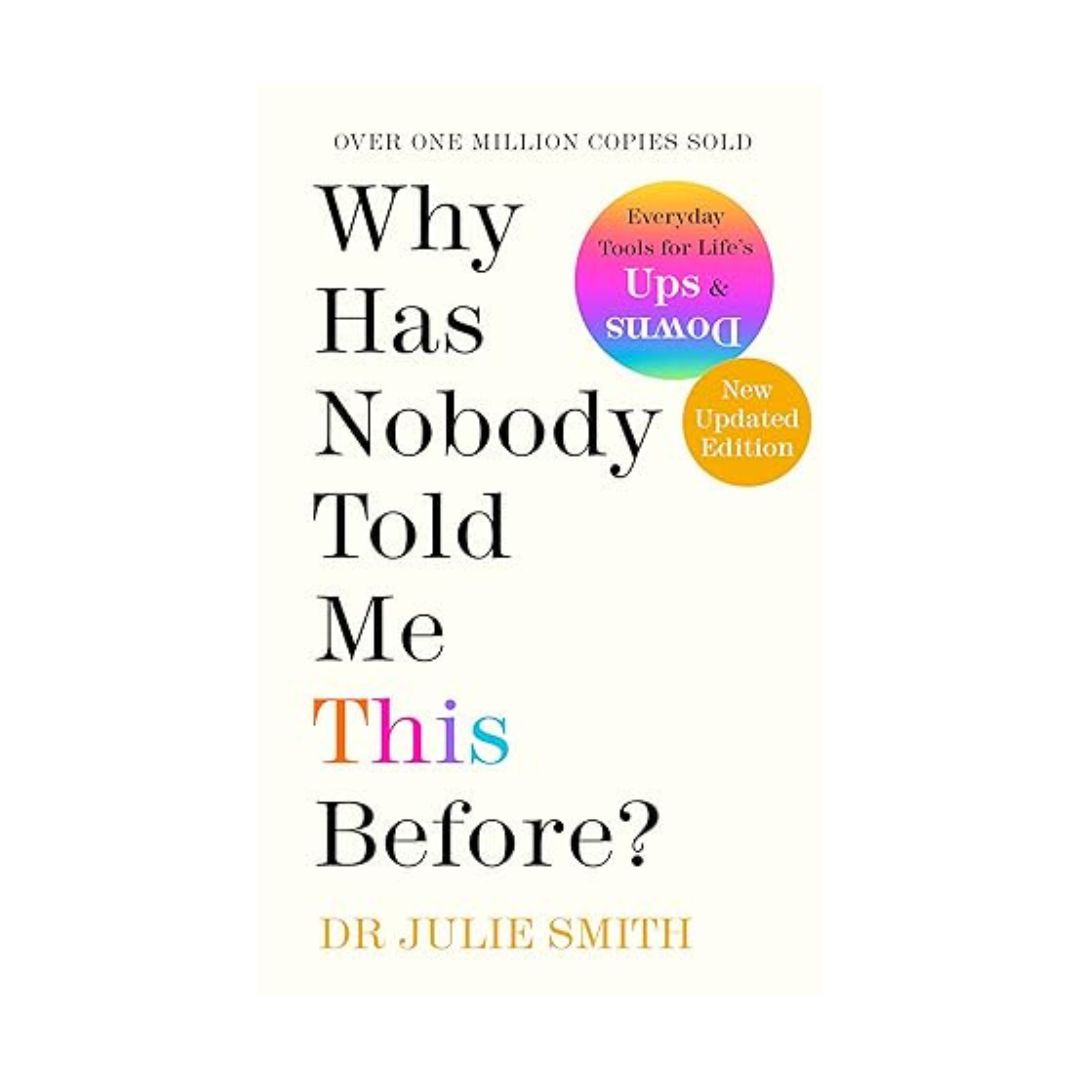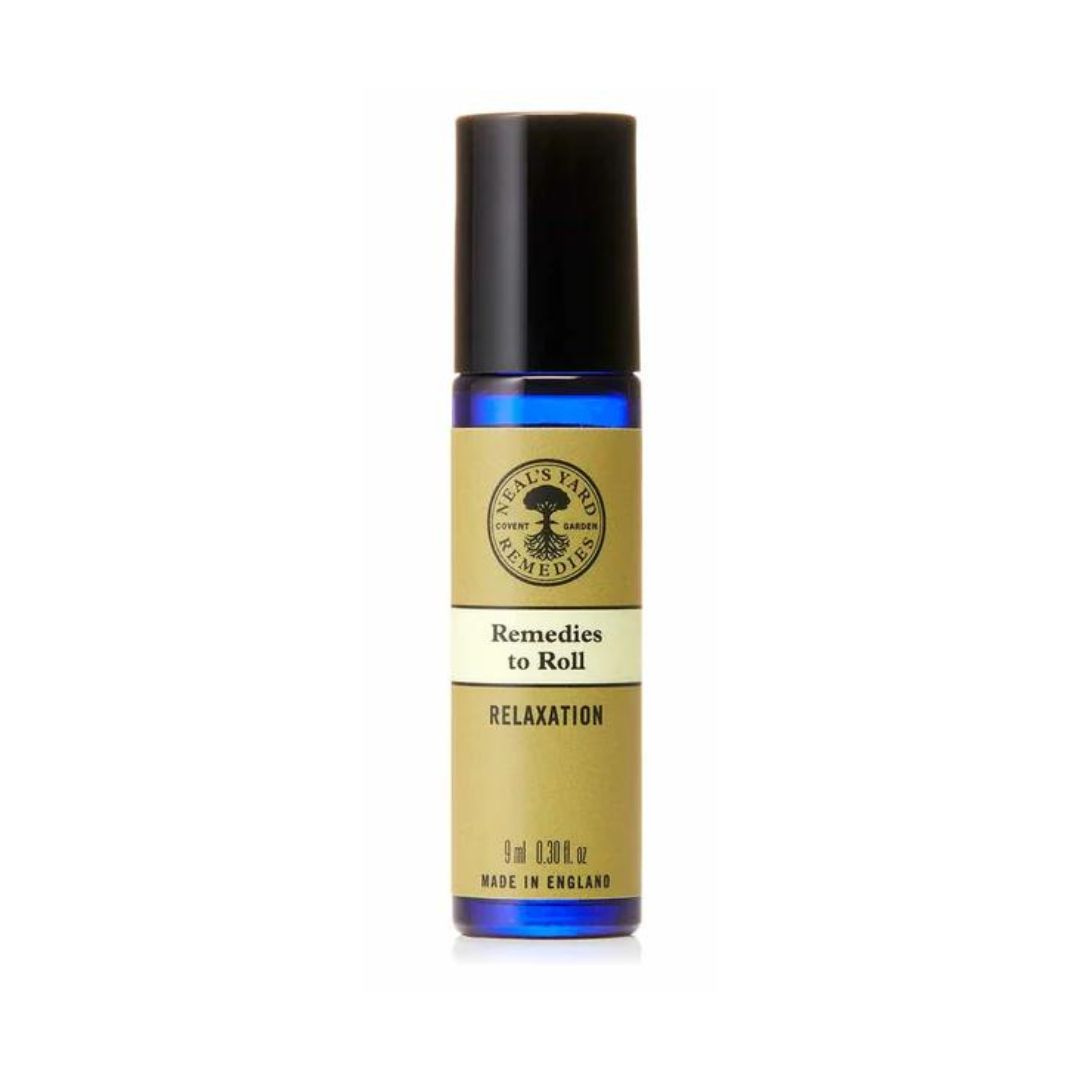8 forms of mental health help that promise to calm your mind, whatever you're currently facing
This Mental Health Awareness Day, know this: you are never alone.

On the hunt for mental health tips that will actually help when you're feeling blue?
You're in the right place. Today marks Mental Health Awareness Day, an entire UK-wide campaign that, according to the Mental Health Org website, encourages the nation to "come together to talk about mental health and show everyone that mental health matters."
While a wealth of support and information is now available for those struggling with their mental health - which is only a positive thing - often, it can feel overwhelming. That's where this guide comes in - a simple, expert-led piece detailing eight of the simplest ways to boost your mental health today or support someone who may be struggling with theirs.
Over the past decade, the way we talk about mental health has shifted massively. Asking for help if you're feeling down is now actively encouraged, with celebrities like Meghan Markle and Michelle Obama opening up about everything from suicidal thoughts to low-grade depression.
MC UK staffers have shared their own mental health journeys for this piece, too, in the hope it will help others. While Fashion Writer Sofia Piza uses exercise to calm an anxious mind - "I've dealt with the symptoms of anxiety, OCD and depression for as long as I can remember, but after receiving a medical diagnosis at 15, I've learnt to identify triggers and cope with them in healthy ways", Junior Shopping Editor Valeza Bakolli finds changing her physical environment the most useful tool when she needs a mental reset- "I’ve experienced burnout a few times in the past few years, so I’ve come to learn that it’s important to check in and know when I need to give myself a mental break before my body forces me to."
I, on the other hand, have long been an anxious overthinker, but nearing 30, now know when the nervous knot in my stomach is warranted (public speaking or packed tubes) and when it's not (other people's opinions or what might happen tomorrow).
The stigma, though not wholly gone, is slowly diminishing. And yet, for every person who feels able to open up about their mental health, there is another who doesn’t know where to start. While you know that telling a friend, talking to your GP, or letting your boss know will likely help the situation, for many, it can feel impossible.
Marie Claire Newsletter
Celebrity news, beauty, fashion advice, and fascinating features, delivered straight to your inbox!
"One of the key hurdles, when you're struggling with your mental health is figuring out how to talk to others about it," said Jo Loughran, mental health expert and former director of Time to Change. "That could be with your GP, best friend, husband, wife, or colleague."
We've bought you guides to online therapy, the best mental health apps, and how to identify conditions like PTSD and trauma. Next up: eight mental health tips to help you get the help you need. Sure, asking for help or admitting you are struggling may feel terrifying, to begin with, but we've got the expert advice you may need to make it that little bit easier.
Mental health tips: 8 ways to get help
1. Know there are resources out there
If you're experiencing mental health problems or need urgent support, know this: there are lots of places you can go to for help.
Samaritans (samaritans.org) provides confidential, non-judgemental emotional support for people experiencing feelings of distress or despair, including those that could lead to suicide. You can phone, email, write a letter, or in most cases talk to someone face to face. Phone 116 123 (24 hours a day, free to call) or email jo@samaritans.org.
SHOUT (giveusashout.org) is the UK’s first 24/7 text service, free on all major mobile networks, for anyone in crisis anytime, anywhere. It’s a place to go if you’re struggling to cope and you need immediate help. Text them on 85258.
Or similarly, the Mind Infoline: (mind.org.uk) gives confidential information on types of mental health problems, where to get help, drug treatments, alternative therapies and advocacy. Mind works in partnership with around 140 local Minds providing local mental health services. Call 0300 123 3393 (9am to 6pm Monday to Friday), text 86463 or email info@mind.org.uk.
2. Talk to a doctor
Mental health conditions range from the subtle, like low-grade depression and daily anxiety (learn the difference between stress vs anxiety, here), to the more severe, like bipolar and schizophrenia. If, for whatever reason, your mental health isn’t great, going to your doctor is an important first step in getting the help you need.
However, that doesn't stop it from feeling daunting. Even if you know it's the right thing to do, the thought of trying to articulate everything you’re feeling to an overworked doctor in a five-minute appointment can be a daunting prospect.
There are things you can do to make it easier. Firstly, if you’re worried about having to rush through how you’re feeling, you can request a double appointment. "That can help take the pressure off both you and the GP," advises Loughran. If you don’t feel your scheduled GP is the right person to talk to - perhaps you’d prefer to confide in a female doctor, you are entitled to request a different one. Some surgeries have a dedicated practitioner who specialises in mental health, so do check.
It’s also useful to go prepared, says Loughran. "When you're feeling nervous, your mind can go blank. Worried you'll get there and won't know what to say? Write some pointers down."
What you're trying to do is to get across what life is feeling like, what your symptoms are, and how long you've been feeling this way. It's important to try and be as open and honest as you can.
A post shared by Mind (@mindcharity)
A photo posted by on
3. Know it's ok to cry
Hear this: crying is totally normal and a way of expressing your emotions. Don't hold it in - cry when and as you need to.
"When I spoke to my GP about [my mental health issues] for the first time, I just went with tissues and started crying," shares Loughran. "That was the opener and we started from that point."
4. Know that a problem shared is a problem halved
Sure, it's super daunting, but opening up to someone you trust about your mental health can be an incredibly powerful thing to do.
"It feels like a massive weight has lifted off your shoulders when you're able to explain to someone that you're struggling at the moment," explains Loughran.
She says to think carefully about who you confide in. "For me, that all comes down to is who do you feel you can trust with something that's a fundamental part of who you are and what you're experiencing? Who has demonstrated they're open to the topic of talking about mental health and will treat what you're telling them with respect?"
Don’t feel like you have to make it an intense sit-down conversation. It can be easier to talk when you’re side by side, rather than face to face - like when you’re stuck in traffic or taking a walk. "We did some research with young people about when they would be most likely to talk about mental health and a distraction activity when you're doing everyday things, is helpful both for the person speaking and also the person listening."
5. Try not to be daunted about opening up
Another myth is that you need to chat for hours. "Sometimes it's sufficient to just have landed the topic, and then you can come back to it," says Loughran. "Once you've opened the door a crack it's much easier to push that open when you’re both ready to have the conversation."
When mental health pops up in the news or in popular culture - like when Meghan Markle opened up about feeling suicidal or Hayley Bieber shared how she helped depressed boyfriend Justin Bieber heal - it can be a good opportunity to start talking. "You can say: you know, I've been feeling a bit like that, too.’"
People who care about you will want to help.
A post shared by @thepeacefulpage_
A photo posted by on
6. Discuss with your manager
Did you know? Mental health is a leading cause of sickness absence and employers are increasingly getting their act together and being proactive in how they can help tackle it. It can feel especially scary to open up about how you’re feeling at work but - if it gets to a stage where you’re really struggling or your performance is affected - it's better that your employer knows there’s a good reason for it. Your employer has a duty of care, which means they must do all they reasonably can to support your health and wellbeing.
"The best person to talk to initially is your line manager," says Professor Cary Cooper, author of Wellbeing at Work and Professor of Organisational Psychology at the Alliance Manchester Business School. "However, that boss has to be a person that you feel you can talk to. If your boss is not a good listener, or you know that he or she is not a very tolerant person and won't listen to you then think about going to HR instead."
Any conversation you have with HR is confidential by law - but if you’re speaking with your line manager instead then make it clear if you don’t want anyone else to know. It’s up to you to give as much or as little detail as you want - there’s no obligation to reveal more than you’re comfortable with.
However, Dr Cooper says it can be helpful to be honest and open. "I think it's very worthwhile telling them what's going on in your life. Think through what would help you in the context of work," says Cooper.
7. Try and shift your mindset to focus on solutions, not problems
While it might seem hard to see a way out of bad bouts of mental health sometimes, going to your boss with a solution, rather than a problem, will help them to enable it to happen.
For example, going into the conversation with an idea of what support you need - whether that be time off for counselling appointments, more flexible hours, or negotiating a day working from home - means it's more likely to happen.
You can read more information on your rights at work on the MIND website.
A post shared by Overcoming Mental Health🤍 (@overcomingmental.health)
A photo posted by on
8. Know that you're not alone
And finally, know this: if your mental health is affecting your day-to-day right now, you are far from alone, and help is out there.
Approximately one in four people in the UK will experience a mental health problem each year, and the best way to get mental health help is to reach out. You will heal - trust us.
Helpful tools and resources this World Mental Health Week:

Clinical psychologist and TikTok sensation Dr Julie Smith's number one Sunday Times bestseller flew off shelves for a reason. It's packed full of useful, actionable tools and strategies for life's troubles.

Research has found that journaling can be an effective tool for working through feelings of anxiety. These Papier journals are designed specifically with wellness in mind, with daily "habit" tracking sections and plenty of room for jotting down your innermost thoughts and feelings, too.

Soothe your senses with on the go aromatherapy blend, scented with lavender, bergamot and frankincense.

Ally Head is Marie Claire UK's Senior Health and Sustainability Editor, nine-time marathoner, and Boston Qualifying runner. Day-to-day, she heads up all strategy for her pillars, working across commissioning, features, and e-commerce, reporting on the latest health updates, writing the must-read wellness content, and rounding up the genuinely sustainable and squat-proof gym leggings worth *adding to basket*. She also spearheads the brand's annual Women in Sport covers, interviewing and shooting the likes of Mary Earps, Millie Bright, Daryll Neita, and Lavaia Nielsen. She's won a BSME for her sustainability work, regularly hosts panels and presents for events like the Sustainability Awards, and is a stickler for a strong stat, too, seeing over nine million total impressions on the January 2023 Wellness Issue she oversaw. Follow Ally on Instagram for more or get in touch.
-
 Vintage sales, flower festivals and unique brunches - 7 fun and frivolous things to do this bank holiday
Vintage sales, flower festivals and unique brunches - 7 fun and frivolous things to do this bank holidayBy Jadie Troy-Pryde
-
 How Ben Affleck feels about dating after his divorce from Jennifer Lopez
How Ben Affleck feels about dating after his divorce from Jennifer LopezHe's taking it slow
By Iris Goldsztajn
-
 Dior travels to Kyoto for a cherry blossom-inspired fashion show
Dior travels to Kyoto for a cherry blossom-inspired fashion showHere's everything you need to know
By Clementina Jackson
-
 As Mel Robbins' Let Them theory gains global traction - how the simple tool promises to transform your life
As Mel Robbins' Let Them theory gains global traction - how the simple tool promises to transform your lifeNot to mention, help you take back control.
By Katie Sims
-
 I'm a leading wellness expert - and always turn to these 5 simple prompts before saying yes to a decision
I'm a leading wellness expert - and always turn to these 5 simple prompts before saying yes to a decisionAlways feel torn? Consider this your bible.
By Adrienne Adhami
-
 I'm a world-renowned psychotherapist - why mastering your emotions is the key to overall wellbeing
I'm a world-renowned psychotherapist - why mastering your emotions is the key to overall wellbeing"Authenticity involves acknowledging your feelings and deliberately deciding how to express them."
By Ally Head
-
 Burnout: “My days blurred into late nights at the office, fuelled by stress and a compulsion to prove myself”
Burnout: “My days blurred into late nights at the office, fuelled by stress and a compulsion to prove myself”Life after burnout: How women can recognise, recover, and reclaim balance
By Dorothy Herson
-
 Feeling frazzled RN? Your fail-safe guide to how to boost calm, any place, any time
Feeling frazzled RN? Your fail-safe guide to how to boost calm, any place, any timeTop pros share how they keep their cool.
By Camille Dubuis-Welch
-
 Being outside is one of the most effective ways to boost calm - 4 invaluable lessons I learnt from an off-grid weekend
Being outside is one of the most effective ways to boost calm - 4 invaluable lessons I learnt from an off-grid weekendIt's a busy time of year - but sometimes, all it takes to boost calm is to step outside.
By Ally Head
-
 I wrote my own dopamine menu after seeing them go viral - and can't stress how much it's boosted my wellbeing
I wrote my own dopamine menu after seeing them go viral - and can't stress how much it's boosted my wellbeingThis one's worth a try.
By Chloe Gray
-
 How the trending 5-4-3-2-1 technique promises to boost calm and ease tension in just minutes
How the trending 5-4-3-2-1 technique promises to boost calm and ease tension in just minutesAn expert gives their verdict on the viral method.
By Chloe Gray